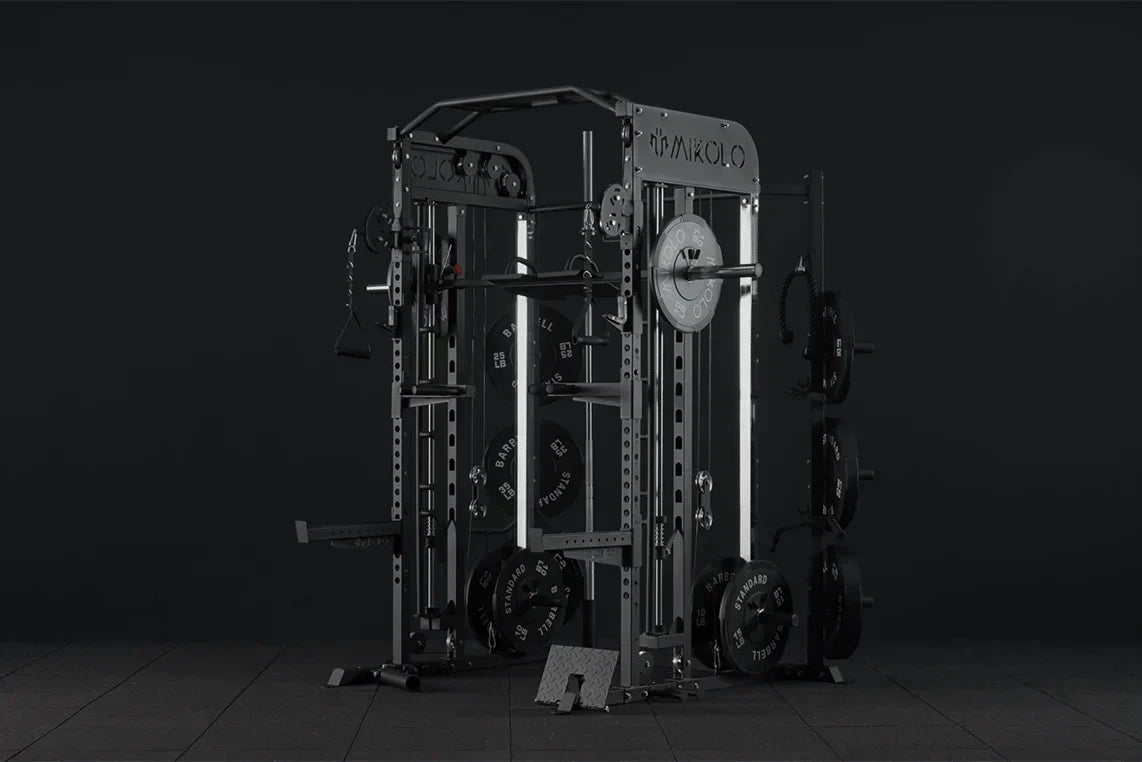For many women, the thought of stepping into a weight room for the first time can feel overwhelming. Rows of heavy plates, clanging barbells, and unfamiliar machines can create the impression that strength training is only for seasoned athletes or bodybuilders. But in reality, weight training is one of the most empowering, transformative forms of fitness—especially for women beginning their journey.
Why Women Should Embrace Weight Training from the Start
Weight training isn’t just about building muscle—it’s about building confidence, bone density, better posture, and long-term health. Unlike cardio alone, lifting weights helps preserve lean muscle mass, boosts metabolism, and supports hormonal balance. It’s also one of the most effective tools in preventing age-related muscle loss and osteoporosis.
Yet despite these benefits, many women still hesitate to get started due to outdated myths—like the fear of becoming “too bulky” or the assumption that lighter weights and high reps are the only way to go. The truth is, muscle development in women happens gradually and requires focused effort; what it actually delivers is a sculpted, stronger body and more energy in everyday life.
How to Begin Weight Training as a Female Beginner
Starting with a simple, structured plan is key. You don’t need a gym full of equipment to begin—just a few dumbbells, resistance bands, or even your bodyweight is enough to learn proper form and build strength.
Here’s a basic weekly structure to ease into:
Day 1 – Lower Body Focus:
-
Bodyweight squats or goblet squats
-
Glute bridges
-
Reverse lunges
-
Standing calf raises
Day 2 – Upper Body Focus:
-
Dumbbell shoulder press
-
Bent-over rows
-
Push-ups (on knees if needed)
-
Bicep curls
Day 3 – Core & Stability:
-
Plank holds
-
Bird-dogs
-
Russian twists
-
Dead bugs
Start with 2–3 sets of 10–12 repetitions per exercise, using weights that feel challenging by the last few reps—but still allow you to maintain proper form.
Building Consistency and Confidence
Many women benefit from strength training not just physically, but mentally. Weight training can reduce stress and anxiety, improve mood, and serve as a powerful form of self-care. The confidence gained from gradually lifting heavier or mastering a new movement carries over into daily life.
Personally, I still remember how shaky I felt gripping dumbbells in my first strength class—convinced everyone was watching and judging. But no one was. Most people were too focused on their own reps. Within a few weeks, that gym anxiety started to fade. I stopped worrying about what I looked like and started noticing how good I felt. Strong. Capable. Grounded. That shift in mindset became the foundation for long-term consistency.
Common Questions from Beginner Female Lifters
“How often should I lift weights?”
Start with 2–3 non-consecutive days per week. Allow rest days between to help your muscles recover and grow.
“What weight should I use?”
Choose a weight that makes the last 2–3 reps feel difficult, but not sloppy. You should feel fatigued by the final rep, but still in control.
“Do I need cardio too?”
Cardio has heart-health benefits, but it’s not a replacement for strength work. Many women find success combining moderate cardio (like walking or cycling) with 2–3 strength sessions per week.
Progress Takes Time—But It’s Worth It
Strength doesn’t happen overnight. It’s earned through consistency, smart training, and self-compassion. You’ll have days where you feel like a powerhouse and others where motivation is low. That’s part of the process.
What matters most is showing up for yourself—regularly, intentionally, and with patience. Whether you're lifting five-pound dumbbells or progressing toward your first pull-up, every rep is a step toward becoming stronger not just in body, but in spirit.
If you’ve been hesitating to begin weight training as a beginner female, consider this your sign to start. Your future self—more energetic, more confident, and more empowered—will thank you.
















































Leave a comment
This site is protected by hCaptcha and the hCaptcha Privacy Policy and Terms of Service apply.